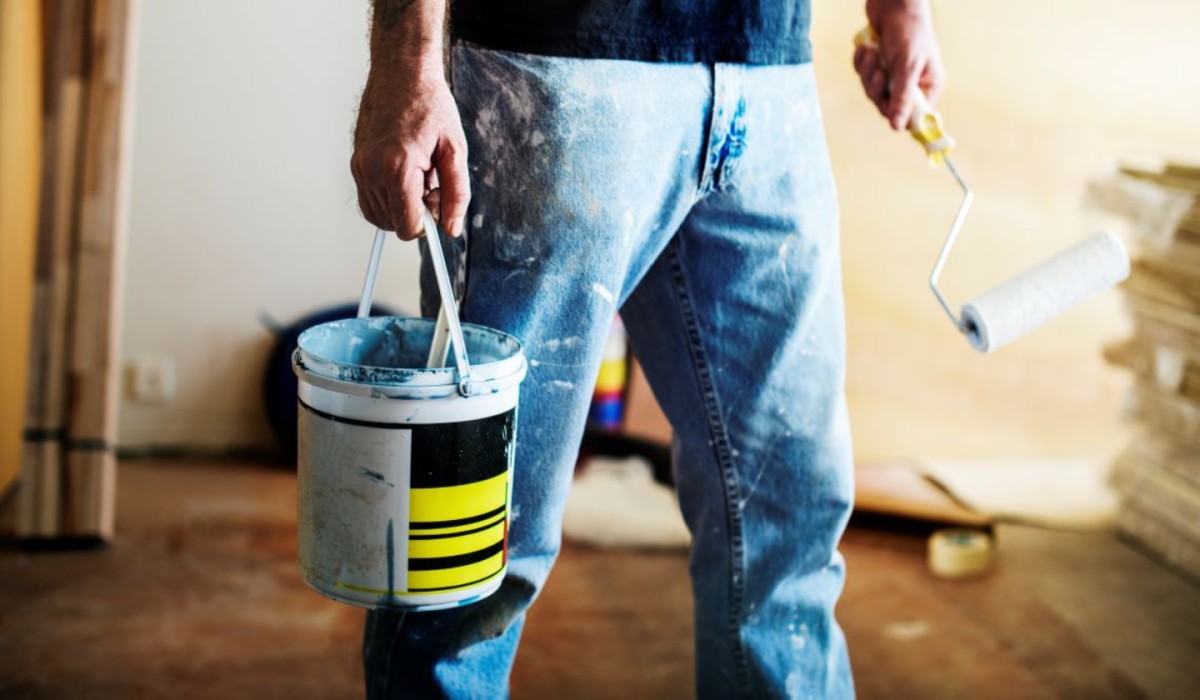Unexpected Factors That Impact Your Home’s Value

Property is a great investment, providing that its value remains constant or increases as time goes on. Home values are impacted by the real estate market’s supply and demand as well as other environmental, social, and financial factors. It’s important to keep your expectations realistic when it comes to home value because as the word “investment” implies, you may not see an immediate increase in value of your home. It may take time and patience. The good news is that you have some influence over increasing your home’s value. The not-so-good news is that other things also have influence over your home’s value, good and bad.
Appreciation is the term used to describe the increase in value of an asset, such as your home, over time. Depreciation is the opposite. It indicates a decrease in value over time.
Let’s take a look at those things that can impact your home’s resell value.
Things that increase home value
Location
Your property’s proximity to good schools, shopping, public transportation, highways, and parks all play a part in your home’s value. Zillow did about a study they did indicating that homes within a mile of high-end grocery stores (like Whole Foods) appreciate faster than homes near other stores. A similar study by students at the University of Chicago and Brigham Young University cites that housing values increased within 2-3 years of Walmart opening in a neighborhood.
Upgrades
It’s important to add or change things that improve the overall use of the home by adding much needed storage, bedroom, or bathroom space. Adding “green” features such as energy star appliances, solar panels, geothermal water heaters, energy efficient windows, or plumbing that reduces water usage can add to the overall value of the home. You may also be eligible for tax credits for doing the work. With the proper permits in place, knocking out a wall to add square footage also increases the home’s value. Just make sure that what you are adding to the home is useful. Bigger kitchens, more bedrooms, more storage, and another bathroom are important to homebuyers. Home theaters, tricked-out garages, home gyms, and hobby rooms aren’t as appealing.
Things that decrease home value
Negative events
Home values decrease if there’s any sort bad connotation to the home such as death, murder, suicide, foreclosure, vandalism, gang activity, drug activity, sex offenders, etc.
The Appraisal Institute estimates that having a hoarder as a neighbor can reduce a home’s value by 5-10%.
Landfills or power plants nearby
If your property is near a landfill, city dump, or power plant, your value will decrease. According to a study done by the University of California at Berkeley, homes located within two miles of a power plant saw a 4-7% drop in home value.
Mold, natural disaster, or fire damage
If the property experiences damage as a result of a natural disaster or fire, homeowner’s insurance should cover the cost to repair or rebuild the home. Sadly, not all homes are repaired or rebuilt to the standards they were before the event happened, causing the home value to decline. Mold is difficult and costly to combat and, oftentimes, homeowners lack the financial resources to completely get rid of the problem. If left untreated for a long period of time, the home could decrease in value.
Things that neigher increase nor decrease home value
Swimming pools
While they’re nice to have, they’re expensive to add and require constant upkeep, which can also add extra dollars to the budget. Pools are attractive from a selling point but not from a value point.
Special landscaping
Landscaping adds curb appeal to a home, meaning that it makes your property stand out when compared to others. If you add special garden features, exotic plants or shrubs, or flower beds, some future homebuyers may only see the expense needed to maintain the special features.
New heating or air conditioning systems
Potential buyers expect that the heating and air conditioning are in good working condition when they buy a home. Upgrading these systems may help make your home sell faster, but they won’t increase your home’s value.
New carpet
When it comes to flooring, potential buyers will lean towards their personal preferences. Save your money by opting to forego replacing all of the carpet in your home prior to selling. It won’t increase the overall value of your home enough to offset the cost of installation. If you were to make any sort up updates to flooring, choosing to remove carpets altogether may be a better bet. If you’re shopping for a new home, please keep these items in mind as you talk to your real estate agent. If you’re a homeowner trying to figure out what your home is worth in the future, focus on making small, relatively inexpensive improvements that will be appealing to homebuyers in the future. Some features will pay you back by increasing home value and others will pay you back by reducing the length of time your home is on the market. If you are considering renovations or energy efficiency, talk to a loan officer about financing options that may help you with those projects.